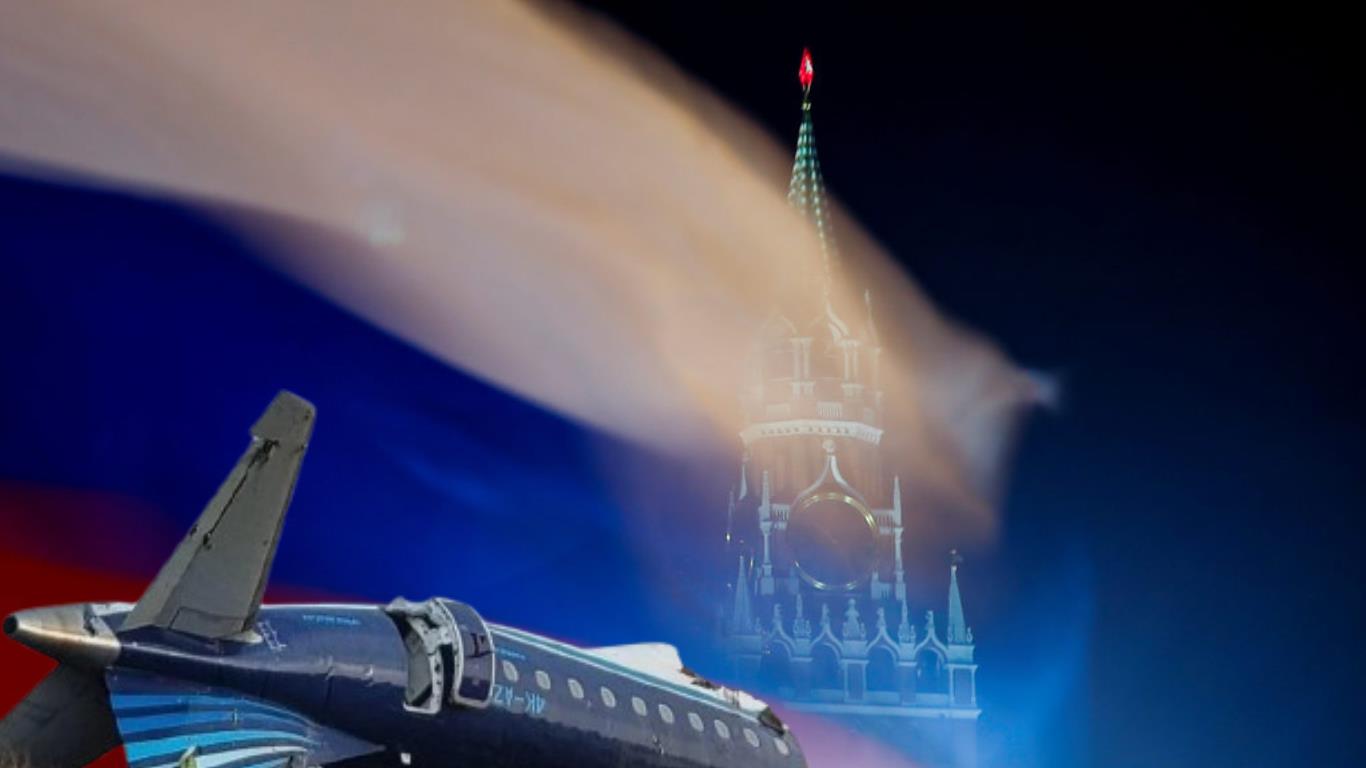From AZAL Plane To Political Pressure: What's Next For Azerbaijanrussia Ties?
Azerbaijan–Russia relations have been one of their most turbulent phases in recent memory. Since December 2024, tensions have spiked after an Azerbaijan Airlines (AZAL) plane was shot down by Russian air defences, crashing near Aktau, Kazakhstan, and claiming 38 lives. President Ilham Aliyev has demanded that Moscow formally admit responsibility, prosecute those at fault, compensate the victims' families, and reimburse the Azerbaijan state property - demands that remain unmet despite Putin's partial apology.
Recently, the Russian Foreign Ministry claimed that insurance payouts have already been made to passengers and families-but Baku responded that these are contractual insurance disbursements, not state compensation, and thus cannot be conflated with Azerbaijan's legal claims.
The diplomatic temperature has only risen further. In June 2025, a Russian police operation in Yekaterinburg targeted dozens of ethnic Azerbaijanis; two men died under suspicious circumstances in custody. Azerbaijani forensics found evidence of blunt-force trauma and internal bleeding, while Baku launched a criminal investigation. In response, Azerbaijan cancelled cultural events related to Russia and cracked down on Russian media operations, including a raid on Sputnik's Baku bureau and the detention of Russian nationals under controversial charges.
So, with these hostilities simmering on multiple fronts, where do relations stand? Is there any path toward political thaw, or are we witnessing a tectonic realignment in the South Caucasus? And, crucially, why is Russia still resisting taking culpability for the tragic downing of the AZAL aircraft?
To unpack these intricate dynamics, Azernews now turn to their expert analysis:
Professor László Vasa sees relations locked in a state of controlled tension. He argues that mutual strategic interests like trade and transport corridors may anchor a fragile stability, but a genuine reconciliation is unlikely while Azerbaijan continues to diversify away from Russian influence and align more closely with Türkiye and the West.
Political scientist Tural Ismayilov goes further, emphasizing that without Russia's formal apology and compensation, coupled with its ongoing disinformation tactics and pressure on Azerbaijani citizens-what I'm calling 'hostile diplomacy'-there is effectively no foundation for normalization. He stresses that equating insurance payouts with state liability shows Moscow's refusal to face accountability, and ensures that Baku won't reset relations on unequal terms.
Legal Disclaimer:
MENAFN provides the
information “as is” without warranty of any kind. We do not accept
any responsibility or liability for the accuracy, content, images,
videos, licenses, completeness, legality, or reliability of the information
contained in this article. If you have any complaints or copyright
issues related to this article, kindly contact the provider above.
Most popular stories
Market Research

- United States Lubricants Market Growth Opportunities & Share Dynamics 20252033
- Daytrading Publishes New Study On The Dangers Of AI Tools Used By Traders
- Newcastle United Announce Multi-Year Partnership With Bydfi
- Ecosync & Carboncore Launch Full Stages Refi Infrastructure Linking Carbon Credits With Web3
- Utila Triples Valuation In Six Months As Stablecoin Infrastructure Demand Triggers $22M Extension Round
- From Zero To Crypto Hero In 25 Minutes: Changelly Introduces A Free Gamified Crash Course






















Comments
No comment